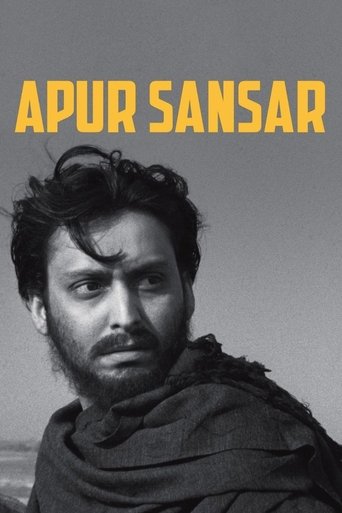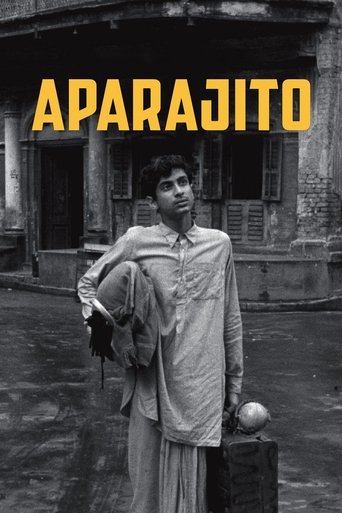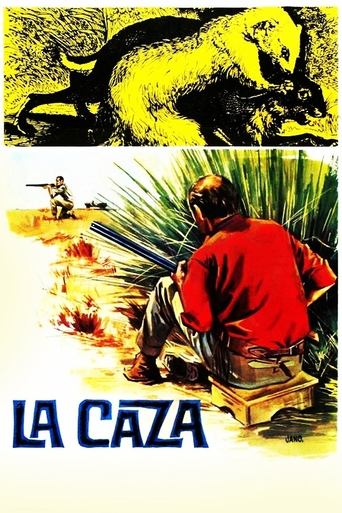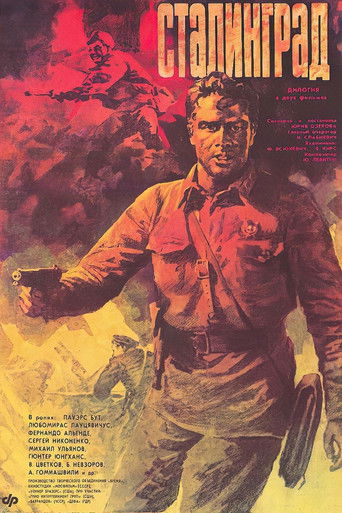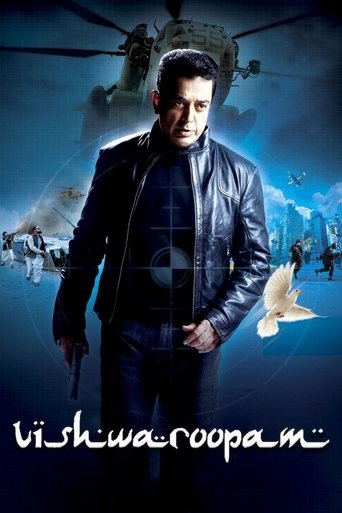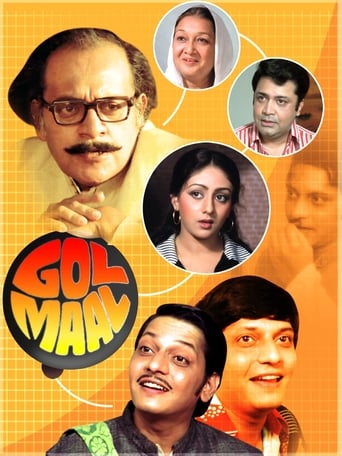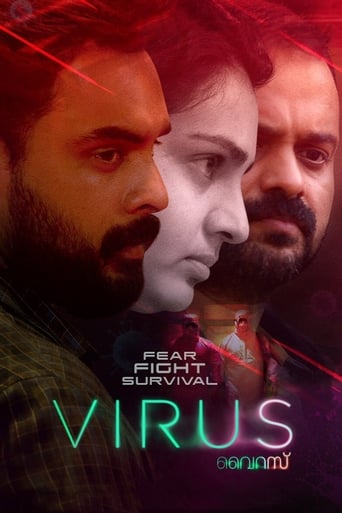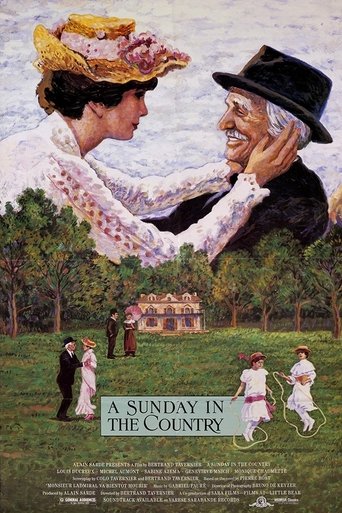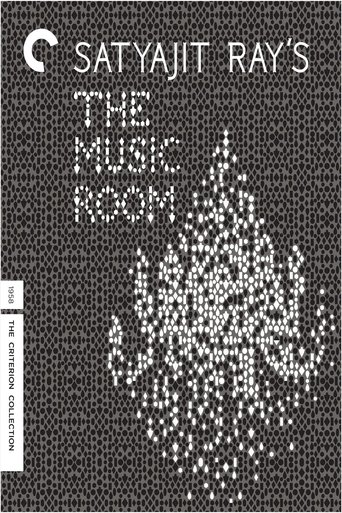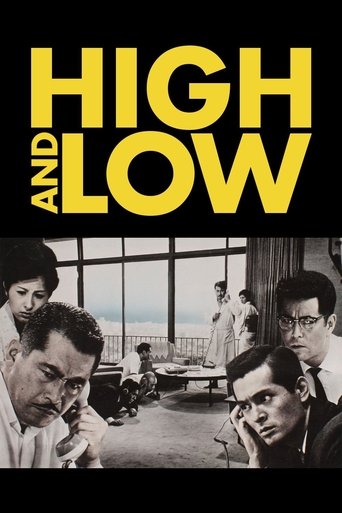Available For Free On
Trailers & Videos

The Apu Trilogy: 2015 Restoration - Janus Films Trailer

Mark Kermode reviews Pather Panchali (1955) | BFI Player

Advent of Monsoon in Pather Panchali - Iconic movie scene from Apu Trilogy by Satyajit Ray

Pather Panchali (Song of the Little Road)

Storm Scene from Pather Panchali (1955)

Ranu's Wedding - a clip from Pather Panchali (1955)

An Act of Faith: Saving The Apu Trilogy

Pather Panchali the rain scene
Cast

Kanu Bannerjee
Harihar Ray

Karuna Banerjee
Sarbojaya Ray
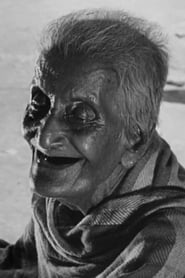
Chunibala Devi
Indir Thakrun
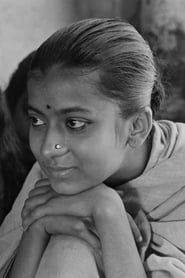
Uma Das Gupta
Durga Ray
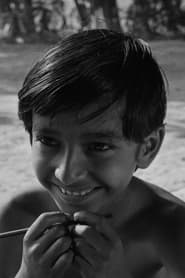
Subir Banerjee
Apurba "Apu" Kumar Ray
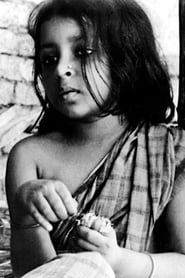
Runki Banerjee
Little Durga Ray

Reba Devi
Seja Thakrun
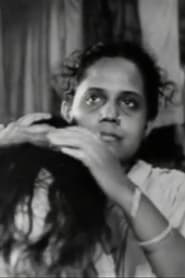
Aparna Devi
Nilmoni's wife
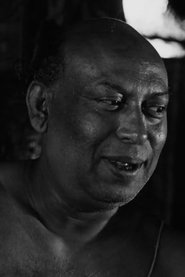
Tulsi Chakraborty
Prasanna, school teacher

Nibhanani Devi
Dasi Thakurun
More Like This
Reviews
CinemaSerf
Part one of Satyajit Ray's trilogy introduces us to the poverty stricken family of the young "Apu" (Subir Banerjee). His family once had a guava orchard, but his poet and philosopher father "Harihar" (Kanu Bannerjee) had to trade that in to square up his profligate brother's debts. That now means that his mother "Sarbojaya" (Karuna Bannerjee) has to try to keep food on the table for them, his pilfering sister "Durga" (Uma Das Gupta) and their resident elderly aunt "Indir" (Chunibala Devi) - and that's not a task she relishes! With nothing much coming in, her's is the job of scraping together the means of buying food and living with the disdain of her neighbours. Finally, "Harihar" concludes that he must go and find work - so off he goes leaving the family to fend for themselves - and all of this with the monsoon season looming large over their dilapidated home. Being the first of a trilogy, this is much more of an establishing exercise - we get to meet the constituent parts of this happy but strained and frequently quarrelsome family; we see just how hand-to-mouth their existence is; we experience some of the culture of shame that is visited on those less fortunate - and we also get to appreciate the stoicism of a family with very little prospect of light at the end of their tunnel. What really adds richness to this story is the photography. It's so intimate in it's presentation. Everything here looks spontaneous and natural, the antics of the children - especially the fruit stealing sister; the boys playing and cavorting around. Even the constant bickering between aunt and mother comes across as entirely convincing. The jigsaw puzzle of his life is only gradually being put together, but you can sense that "Apu" is in for some adventures as he strives for a better life for him and his family, and even at a young age we all see his potential, and the potential for him to fail. I saw a 16mm print of this recently and though the subtitles had faded slightly, it was quite an astonishing production to watch and as an observation of subsistence life, it's really quite poignant.
You've reached the end.




